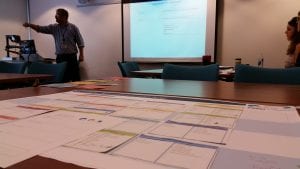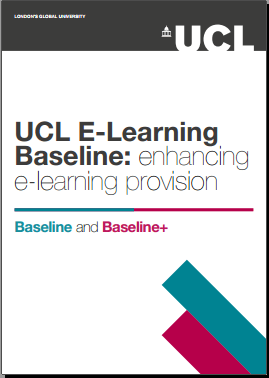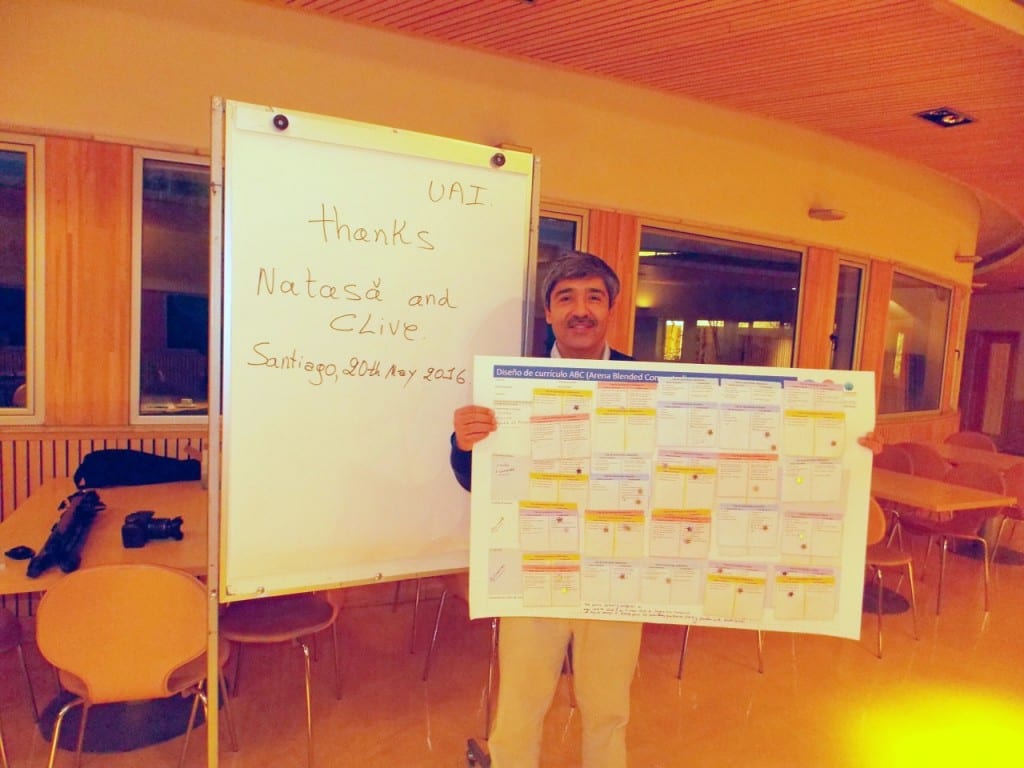An exciting start of a new academic year!
By Alan Y Seatwo, on 2 December 2016
The Department of Science Technology Engineering and Public Policy (STEaPP) kicks off new academic year with ABC (Arena, Blended, Connected) Workshop, one of the panned activities to enhance the use of learning technology across our teaching programmes.
In the department, our teaching philosophy is that the use of technology in the learning experience must be driven by pedagogical considerations, and not the demands and availability of the various technologies themselves. To enhance the use of learning technologies, we must first reflect upon curriculum design.
With the support from the Digital Education Team, teaching staff from the MPA programme attended the ABC (Arena Blended Connected) curriculum design workshop. We used paper card-based approach in a style of storyboarding to assist participants to reflect on structure, modes of delivery, learning outcomes and assessment methods etc.
Our colleagues loved the simplicity of the approach and the effectiveness of the workshop model. Although learning technologies were not explicitly ‘called out’, it was firmly embedded in all six common types of learning activities during the exercise: acquisition inquiry, practice, production, discussion and collaboration.
Following on the workshop, Dr Ann Thorpe (the department’s E-learning Champion) and I set up a series of meetings with individual module leaders to further explore the use of learning technologies in their teaching programm.
We have been excited to see that the consideration of how technologies can enhance learning has already embedded in their design processes, for example producing videos as part of “Flipped Classroom”, streaming guest speakers to present and engage with students in classroom, and use of audio assessment feedback are some of the ideas currently developing following the workshop.
While providing continuing support for the above mentioned activities, we’re also scheduling some bespoke workshops throughout the academic year. Since the department leads the organisation of How to Change the World (HtCtW) (part of UCL Global Citizenship Programme for undergraduate engineering students), we are interested to explore new ways in presenting engineering ideas during HtCtW. Augmented Reality (AR) has been identified as one of the emerging learning technologies over the past few years and the popularity of Pokemon Go have helped influence us to choose AR as our first lunchtime workshop topic. Watch this space for an update report soon.
Alan Seatwo
Learning Technologist, STEaPP
 Close
Close







